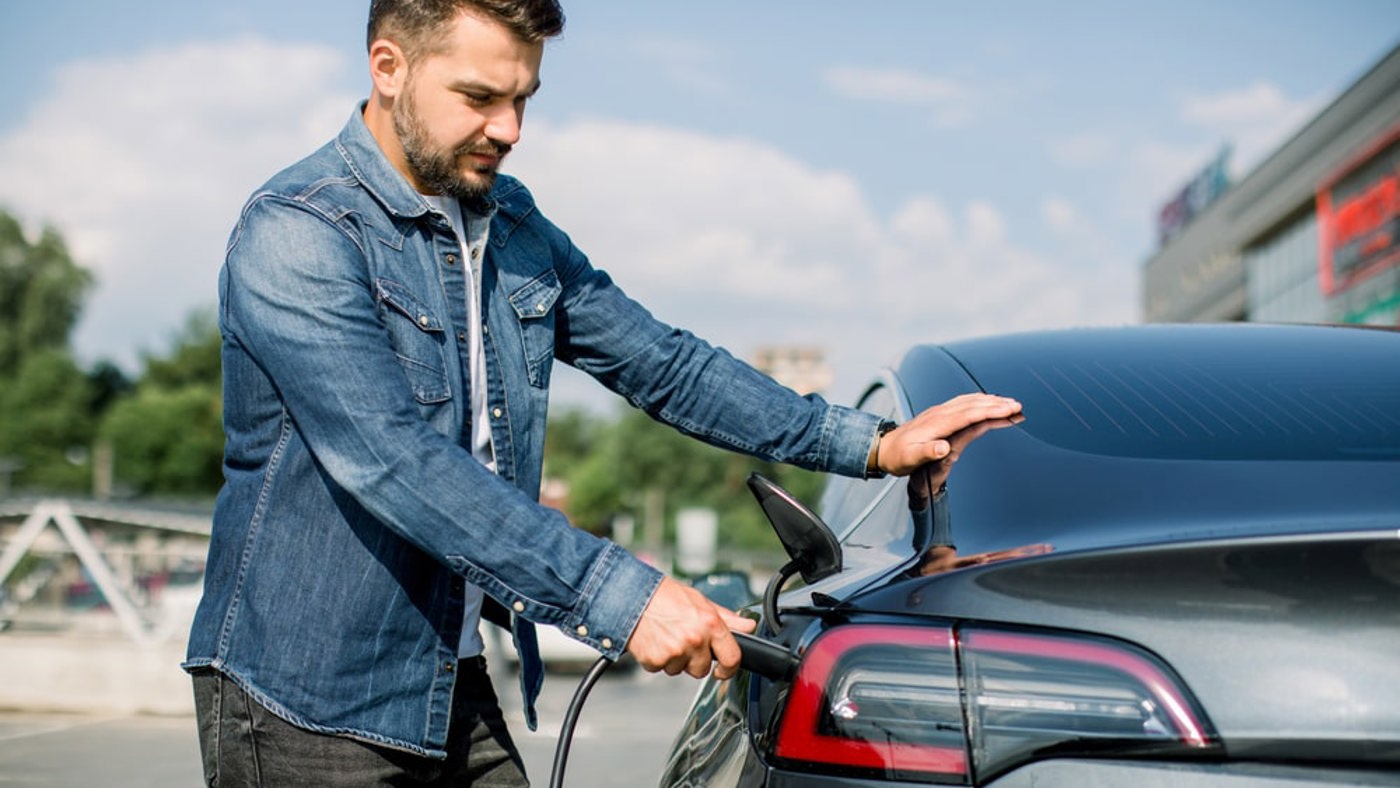
EV News Round-Up: UK Hits Million EVs, & UK Drivers Unhappy with Public EV Charging
69% of EV drivers unhappy with charging network, according to Which? poll
One millionth EV milestone reached in the UK
Morrisons agrees to sell forecourts arm in £2.5bn tie-up
Resident groups asked opinions on charge point locations
Small Czech company beats major brands by launching first electric off-roader on UK market
69% of EV drivers unhappy with charging network, according to Which? poll
According to a new survey from consumer giant Which?, 69% of EV drivers are currently unhappy with the UK’s public EV charging infrastructure. A damning new report cited the network currently in place was ‘not fit for purpose’, with drivers sighted issues such as reliability, and the lack of contactless payment options plaguing public charging.
Looking into the scope of the problem, these findings are nothing new to those in the EV industry. Over the last few years, numerous similar reports have cited the same problems; and over the last few years, the industry has been working to the best of its ability to resolve them.
In terms of reliability, we’re starting to see the first stages of the Government guidelines for all public chargers being implemented, which mandate for a 99% uptime across networks to avoid considerable fines. The guidelines also enforce the implementation of contactless payment terminals as a requirement for all charging stations over 8kW (more than one in five).
With these regulations designed to promote a long term change in overall charging experience, there are a few issues that can be addressed now. It’s clear driver support will play a key role in making sure that the 37% of drivers who stated in the survey they’d had difficulties in working chargers can use our networks more easily.
We’ve previously published a host of articles and blogs breaking down some of the most common charging issues, including this one here.
One millionth EV milestone reached in the UK
Just as we were about to go live with this round-up, reports began circulating of the UK hitting its one millionth EV milestone! A huge starting point for the UK’s electrification push, this comes after figures show over 20,000 BEV sales in January 2024 alone in the UK, a rise of 21% year on year.
Once again, we’re seeing this increase being driven largely by fleet registrations, which saw a 41.7% growth to balance out a drop in registrations from private buyers.
While this is good news for the industry, this reduction in private buyers is something that needs to be addressed in order for the UK to hit its transition targets in line with net zero goals. The 2035 ICE sales ban and mandated market shares for net zero vehicles (currently set at 22% for 2024) are great steps in the right direction, but many in the industry are citing a lack of consumer incentives and support for the EV switch as a limiting factor which may hinder the success of these initiatives.
The SMMT are subsequently leading calls, which were originally voiced by manufacturers in early January, for the Government to use the upcoming budget to reduce VAT on electric vehicles by 50% to help stimulate an uptake in demand from consumers.
According to SMMT chief executive Mike Hawes: “it's taken just over 20 years to reach our million EV milestone - but with the right policies, we can double down on that success in just another two.”
"Manufacturers have been asked to supply the vehicles, we now ask the Government to help consumers buy the vehicles on which net zero depends," he added.
Morrisons agrees to sell forecourts arm for £2.5bn
In last week’s round-up, we covered how Sainsbury’s was entering the UK EV charging market. This week, it’s Morrisons’ turn, albeit they’ll be selling their EV charging locations to Motor Fuel Group (MFG), the automotive arm of a US-based private equity group.
In a statement following the deal, Morrisons stated that part of the reasoning behind the move is to increase funding to the food side of their business. Despite this, Morrisons will still maintain a 20% share in the MFG group, maintaining a stake in the EV charging market.
MFG and Morrisons pledged in their statement that "value-for-money supermarket fuel will remain the offering on Morrisons forecourts".
All of this means there’ll be even more competition for network operators in the UK, with supermarket sites being some of the best places to deliver EV charging top-ups.
Despite supermarket charging placing in the top three locations for regular EV charging according to ZapMap’s annual insights report, figures showed a large drop off in usage of 14% between 2022 and 2023.
Increased investment looks to correct this drop, with commercial entities intent on the strength of the EV charging proposition to supermarkets. And with this investment only meaning that pricing becomes more competitive for the EV drivers using the services, perhaps we’re not far off from EV charging prices and experience playing a key role in deciding consumers’ regular supermarkets.
Resident groups asked opinions on charge point locations
Last week, Cornwall Council made the EV news by opening up the location of their next batch of EV charging stations to the public for feedback.
The survey is to be followed up by a £5.5 million rollout to improve the EV charging infrastructure in the region, with the council stating its focus is on “lower powered 'destination' chargers to support EV drivers without access to home charges and where the private sector is unlikely to install their own."
Currently, there are already 450 charging stations across Cornwall - most fitted with two charge points to allow charging for two EVs at once.
Small Czech company beats major brands by launching first electric off-roader on UK market
And to finish off this week, we take a look at one of the more eye-catching vehicles in the headlines this week.

That’s Czech company MW Motors’ latest vehicle, the Spartan EV 2.0, which entered the UK market this week. According to the manufacturer, the second version of the Spartan offers an improvement on having taken on board feedback from the previous model, and is set to retail at just under £50,000. The car’s features include a huge torque of 793lb ft, placing it at 21 on this list of the most powerful EV torques available to general consumers at the time of writing. The vehicle's range will sit at around 150 miles at full charge.
That’s all from us this week, but make sure to stay plugged in to our social channels for the next week, where we’ll be continuing our series of helpful blogs and sharing our comments on any developments across the EV industry.


